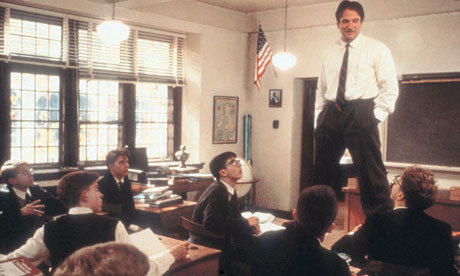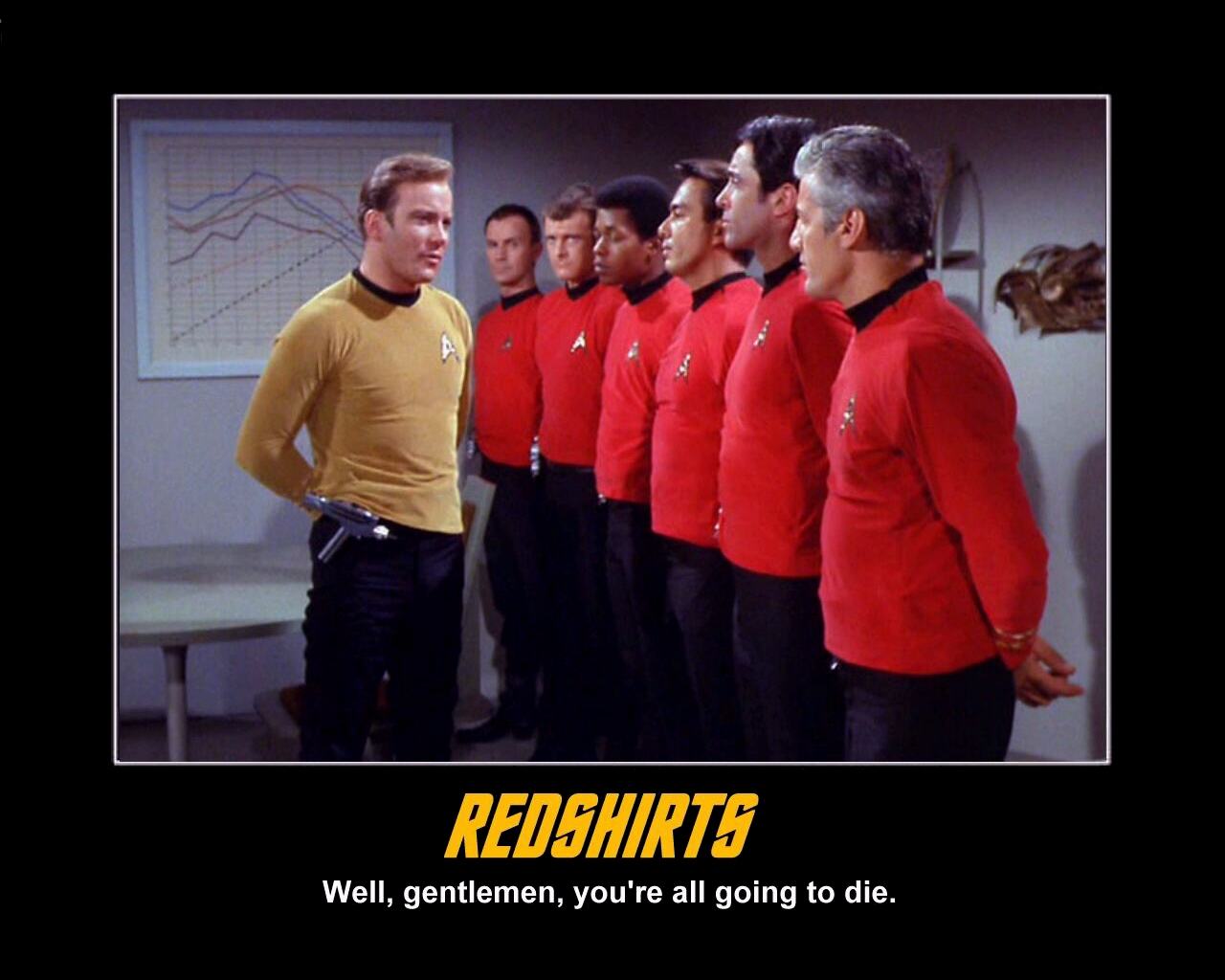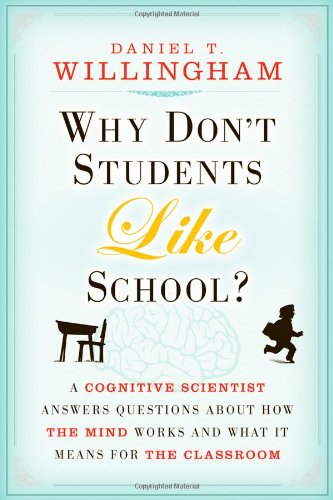This song, a spoof created by a comedy group at my alma mater, has been thundering in my brain for the last few weeks. It isn't an appropriate theme for my exit from Teach For America and my short elementary teaching career, but the sentiment does accurately convey how I feel at times when reflecting on this experience.
 |
| Ouch! Both physically and emotionally. |
Defining Failure
The online Oxford dictionary gives three different perspectives to the definition of the word fail:
- Be unsuccessful in achieving one’s goal
- Neglect to do something
- Break down; cease to work well
All three of these forms of failure of been present in my experience as a teacher. I have been unsuccessful in achieving my goals for academic ability of my students, I have neglected to take the required action to be prepared to be the teacher my students need in order to succeed, and I literally broke down -"cease to work well" does not even begin to approach the necessary description of my personal state of mind at the end of the semester.
I am not having a pity party here, rather I am being very truthful. I failed.
Yes, there are many contributing reasons to why this happened which are important and valid. However, regardless of what I cite or go back to, the fact that I've failed remains. I have failed myself, my students, the families of my students, my fellow teachers and administration, and in many degrees my own family.
However, failure isn't synonymous with hopelessness, death, or a permanent road block. While harmful effects of my failure are and will be present, there are positive consequences. The video below illustrates an important concept I've learned about failure.
I spent two years preparing for and dreaming about Teach For America, endured a grueling summer of training away from my pregnant wife, and then battled four months of work in the classroom and then . . . I quit. For what? While all that time, energy, excitement, money, and work that it took to go through this experience, I am grateful that I was able to learn with such finality that TFA and elementary teaching in general is not where I need to be right now. There is no question left in my mind. I took the wrong turn, and now I am going backwards a little and will soon find a more suitable path for my family and I.
Failure and Faith
Spiritually speaking, I am aware that often we are called to endure through challenging times and trials in order to be refined into worthy disciples of Christ. In listening to President Monson's most recent conference address I felt that perhaps I should just keep hashing out sub par lesson plans and hatch new management schemes that didn't work. Perhaps if I just kept enduring things would work out and I would find success.
However, it became clear that this was not the right mindset. For the sake of both my own students, and my own family I needed to leave.
 |
| A poorly stitched panorama of my students on my last day. |
 |
| My wife Kassie and son Hinckley |
I love my students very much, and wish with my whole being that I could be the teacher they need in order to advance to the next grade and get onto a path that will lead them towards self sufficiency in adulthood. I sobbed like a infant when I spoke to them about leaving. However, I can't be that teacher AND the father and husband I want to be to these two lovely folks at this present time. I don't have the experience, mental strength, or physical energy to do both.
So the natural question resulting from the decision was something like, "well if I quit then what am I going to do?" and that is where the leap of faith came in. I did't have an answer, and neither did Kassie. The scripture from the Book of Mormon story of Nephi returning to Jerusalem came frequently to my mind, "And I was led by the Spirit, not knowing beforehand the things which I should do." Paul wrote to the Hebrews, "Now faith is the substance of things hoped for, the evidence of things not seen." We definitely felt a new understanding to Elder Packer's constant analogy of taking a step into the dark and hoping for the light to come on. And then it did.
Almost a week after reaching the decision to leave teaching, I landed a job that offered everything and more that I could have hoped for at this time. I will be using skills from my undergraduate experience at BYU, and will have time to spend with my family. Even better, my very supportive principal found a replacement teacher who is very experienced and ready to enter my classroom in January. I can say that every friend and co-worker has been extraordinarily kind and thoughtful during this process. I am indeed grateful that the pain of failing here had not been made worse through comments and actions of others. While it has been very hard to leave my classroom, I know it is the right thing for my family.
Failure Is Normal
There were and still are many feelings that accompanied me home as I drove away from school for the last time; Shame, joy, guilt, hope, anger, and even peace. There are many unresolved questions such as: What will happen to my students? What could I have done differently to avoid this? Would I do this again? Is Teach For America deserving of blame or is it my fault 100%? Does it matter?
Regardless of the answer to these questions above and the many others that continue to swirl around me, it is clear that failing is a regular part of mortality. As I watched my son experience his regular and somewhat painful "tummy time" this morning I thought about how we never laugh or mock babies for failing to walk by a certain date, or for being able to speak correctly. He is doing his best to push against gravity and develop into a full-functioning human being. If you can get past the obnoxious and pathetic sounds of his crying, the scene is actually both very inspiring and instructional. I too am doing my best, and though these past months I have resembled my whining son in more ways than one, I recognize that I am a better person and more prepared to serve God and my fellow man in a capacity that is more aligned to my skill set and personality.










































